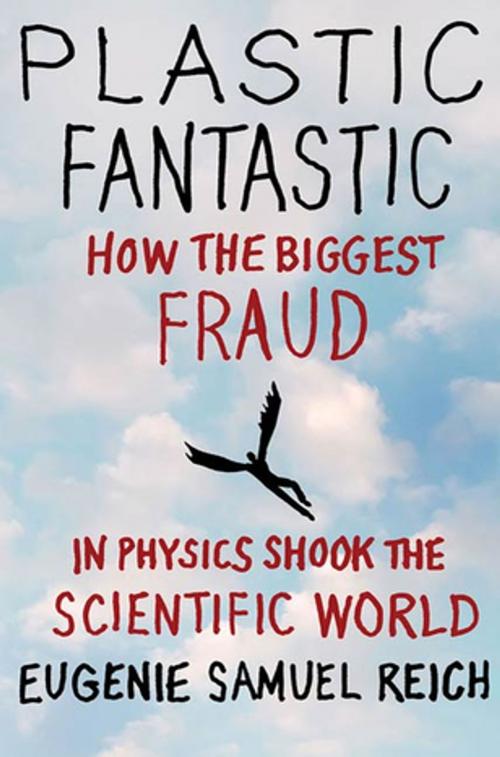Plastic Fantastic
How the Biggest Fraud in Physics Shook the Scientific World
Nonfiction, Science & Nature, Science, Physics, Quantum Theory, Other Sciences, History, Social & Cultural Studies, True Crime| Author: | Eugenie Samuel Reich | ISBN: | 9780230621343 |
| Publisher: | St. Martin's Press | Publication: | May 12, 2009 |
| Imprint: | St. Martin's Press | Language: | English |
| Author: | Eugenie Samuel Reich |
| ISBN: | 9780230621343 |
| Publisher: | St. Martin's Press |
| Publication: | May 12, 2009 |
| Imprint: | St. Martin's Press |
| Language: | English |
This is the story of wunderkind physicist Jan Hendrik Schön who faked the discovery of a new superconductor made from plastic. A star researcher at the world-renowned Bell Laboratories in New Jersey, he claimed to have stumbled across a powerful method for making carbon-based crystals into transistors, the switches found on computer chips. Had his experiments worked, they would have paved the way for huge advances in technology--computer chips that we could stick on a dress or eyewear, or even use to make electronic screens as thin and easy-to-fold as sheets of paper.
But as other researchers tried to recreate Schön's experiments, the scientific community learned that it had been duped. Why did so many top experts, including Nobel prize-winners, support Schön? What led the major scientific journals to publish his work, and promote it with press releases? And what drove Schön, by all accounts a mild-mannered, modest and obliging young man, to tell such outrageous lies?
This is the story of wunderkind physicist Jan Hendrik Schön who faked the discovery of a new superconductor made from plastic. A star researcher at the world-renowned Bell Laboratories in New Jersey, he claimed to have stumbled across a powerful method for making carbon-based crystals into transistors, the switches found on computer chips. Had his experiments worked, they would have paved the way for huge advances in technology--computer chips that we could stick on a dress or eyewear, or even use to make electronic screens as thin and easy-to-fold as sheets of paper.
But as other researchers tried to recreate Schön's experiments, the scientific community learned that it had been duped. Why did so many top experts, including Nobel prize-winners, support Schön? What led the major scientific journals to publish his work, and promote it with press releases? And what drove Schön, by all accounts a mild-mannered, modest and obliging young man, to tell such outrageous lies?















